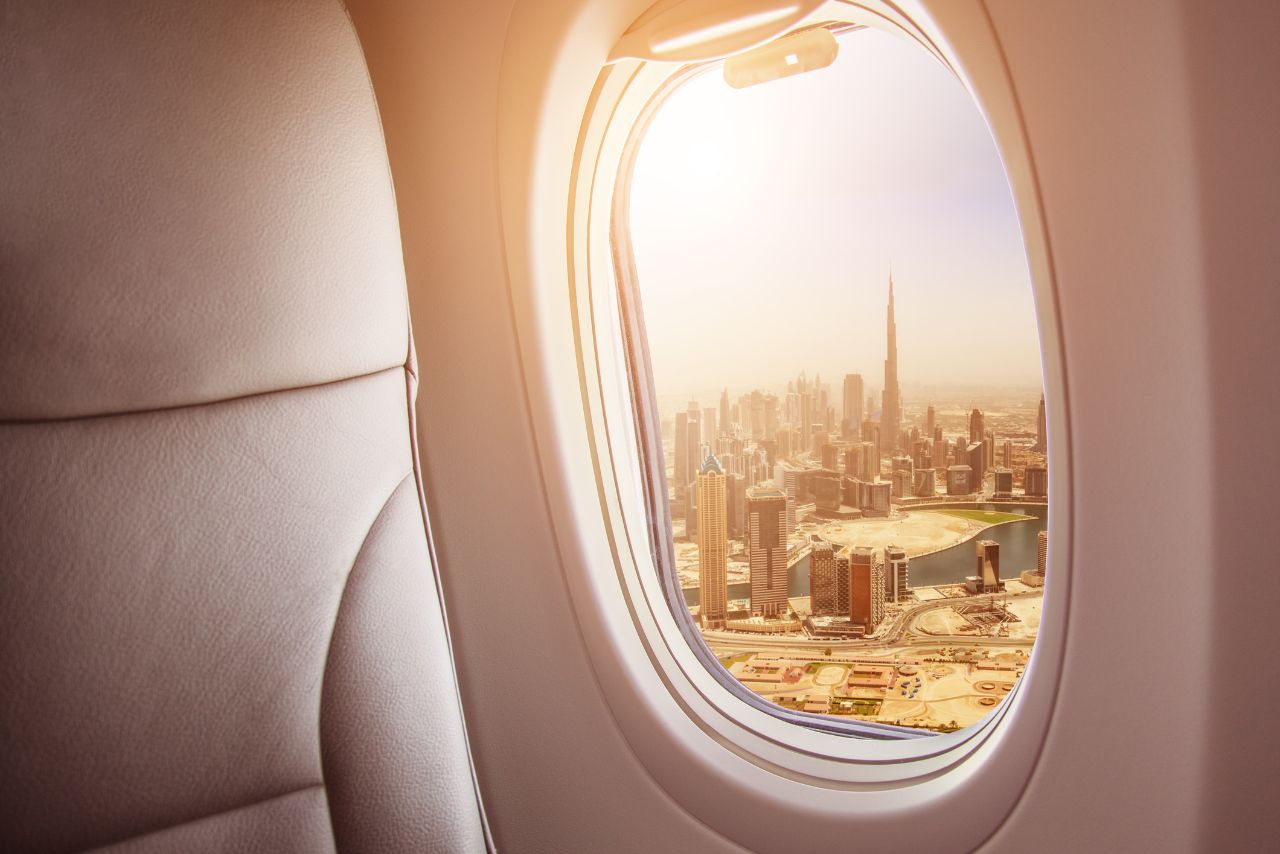Dubai is a beautiful and exciting city to visit under any circumstances, mixing perfect sandy beaches, decadent luxury, and a fascinating local culture.
But Dubai is also one of the few tourist destinations in the world that is actively welcoming tourists during the COVID pandemic.
COVID-19 rates are currently comparatively low in the United Arab Emirates. As of the middle of October 2020 there were a little over 100,000 total cases to date, and fewer than 500 deaths in the UAE.
This means that Dubai is a relatively safe destination for tourists in terms of avoiding COVID-19 infection. But it also means that visitors do need to submit to a few restrictions when entering the country and during their visit in order to ensure that Dubai stays a safe COVID destination.
Read on for everything you need to know about how to get permission to visit Dubai during the pandemic, what to expect when you are there, and how to keep safe while enjoying your break.
Visa
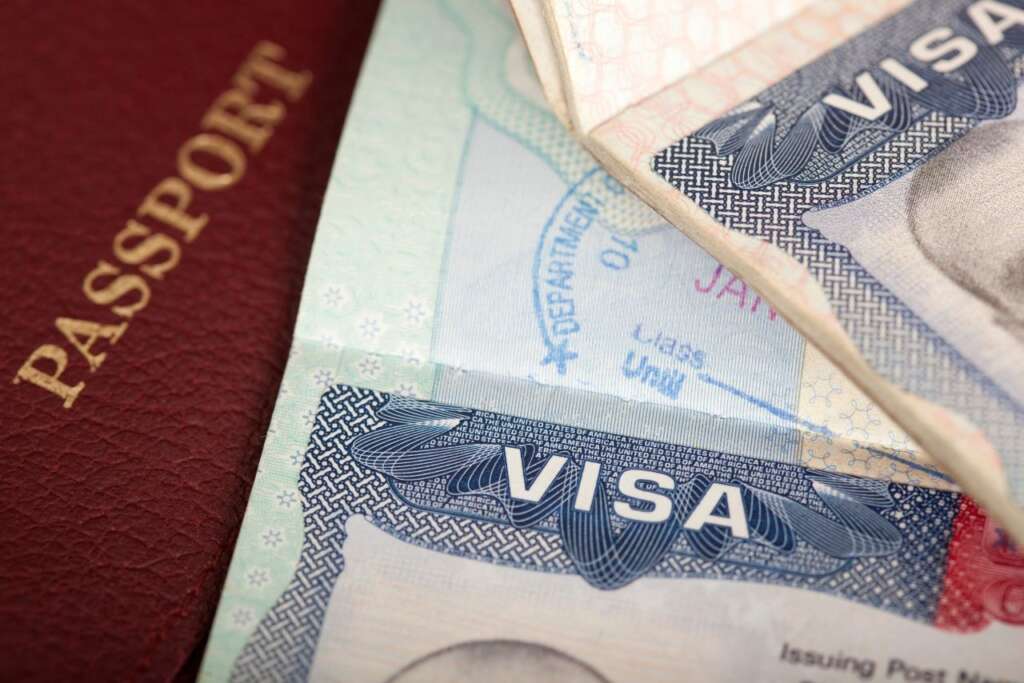
First and foremost, Nigerian citizens require a tourist visa to visit Dubai. A standard 30-day tourist visa can be obtained from trusted travel agents across Nigeria.
The visa costs NGN 30,000, but in addition to this you will need to pay a security deposit of USD 1,550, which is refundable from the Visa Centre when you present the UAE exit stamp in your passport.
This fee is waived if you have travelled within the UAE, USA, UK, Schengen Area, Australia, New Zealand, or Canada within the last two years.
Further visa information is available on the Dubai Visa website.
COVID-19 Test

To be allowed to board your flight to Dubai you will need to present a certificate proving that you have had a negative COVID-19 PCR test within 96 hours of your departure for Dubai.
The test must be a PCR test, a polymerase chain reaction test, as other types of tests are not accepted in Dubai. The certificate itself must be an original printed certificate in English or Arabic.
There is a list of recommended laboratories where tests should be taken, including a number in Nigeria. A full list is available here.
Nigerian citizen connecting through Dubai are not required to present a COVID-19 PCR text, though citizens from many other African countries are still required to take the test even to connect.
Arrival
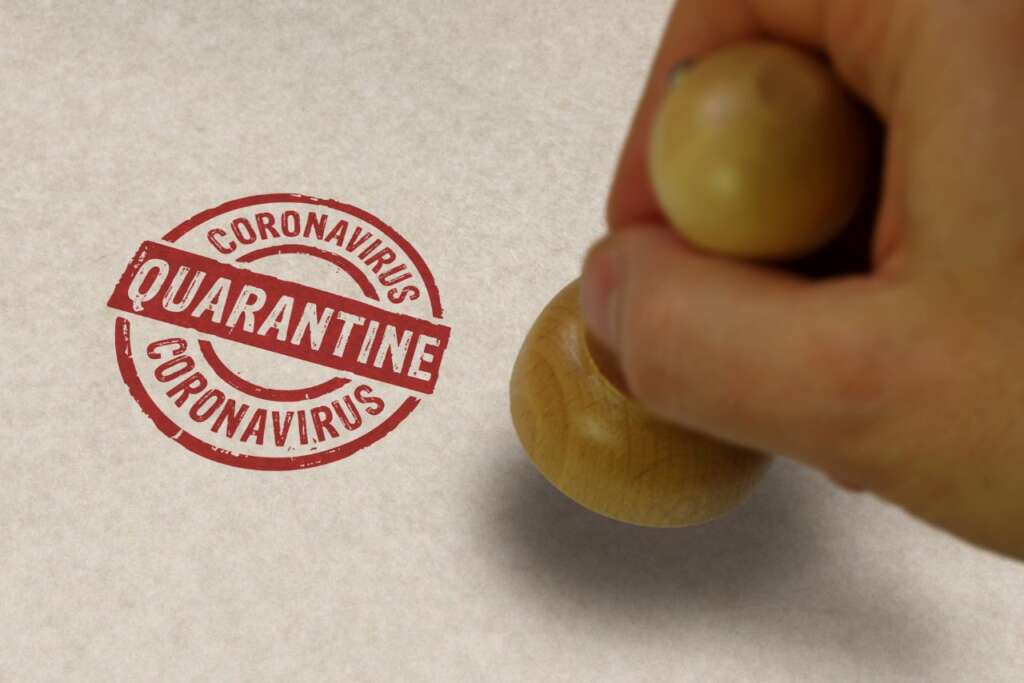
Upon arrival in Dubai you will be asked to fill out a quarantine undertaking form. This form requires you to declare that you will download the DXB COVID contact tracing app, which is available for both Android and iOS.
You may also be asked to submit to another COVID-19 PCR test on arrival. You are then required to stay in self-quarantine until you receive a negative test result.
Social Distancing
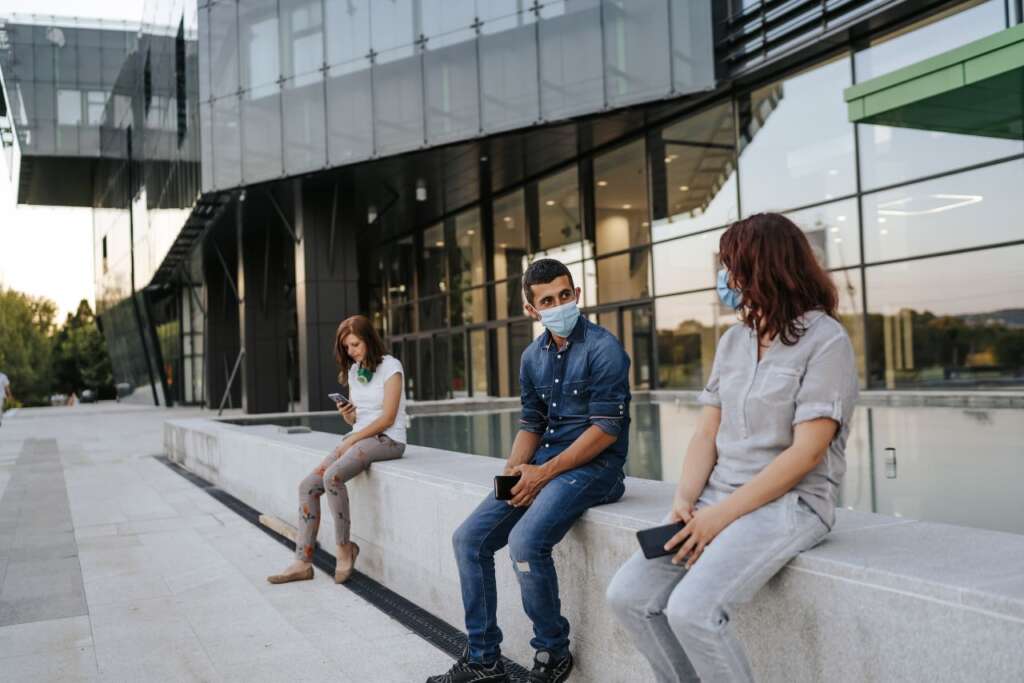
To prevent the spread of COVID-19, the UAE has introduced a number of social distancing measures that visitors will need to respect.
First, it is mandatory to wear a face mask in all public spaces. The penalty for not using a mask is the equivalent of USD 817. Staff at all establishment are also required to wear masks.
There are number limits in public transportation to maintain social distance. Currently, you are only allowed two passengers in a taxi, unless it is a mini-van, and you will find many seats marked as out-of-bounds for sitting on the Dubai Metro.
In all public spaces, including Dubai’s famous theme parks, you will find similar seating restrictions, as well as the two-metre rule being applied for queues.
All spaces, from resorts to shopping centres, are expected to make hand sanitizer readily available to visitors, and visitors are expected to use it.
Your temperature will be checked regularly when entering restaurants, malls, and other venues as a rough and ready method of screening visitors for COVID.
There are many other small changes in the way that things are done to minimize contact between people, and therefore the spread of COVID.
You will probably find that you have contactless check in at your hotel, that you order your food at the restaurant via QR code rather than from a menu, that everything comes in a plastic sealed bag, and that all non-vital items have been removed from hotel rooms.
Insurance
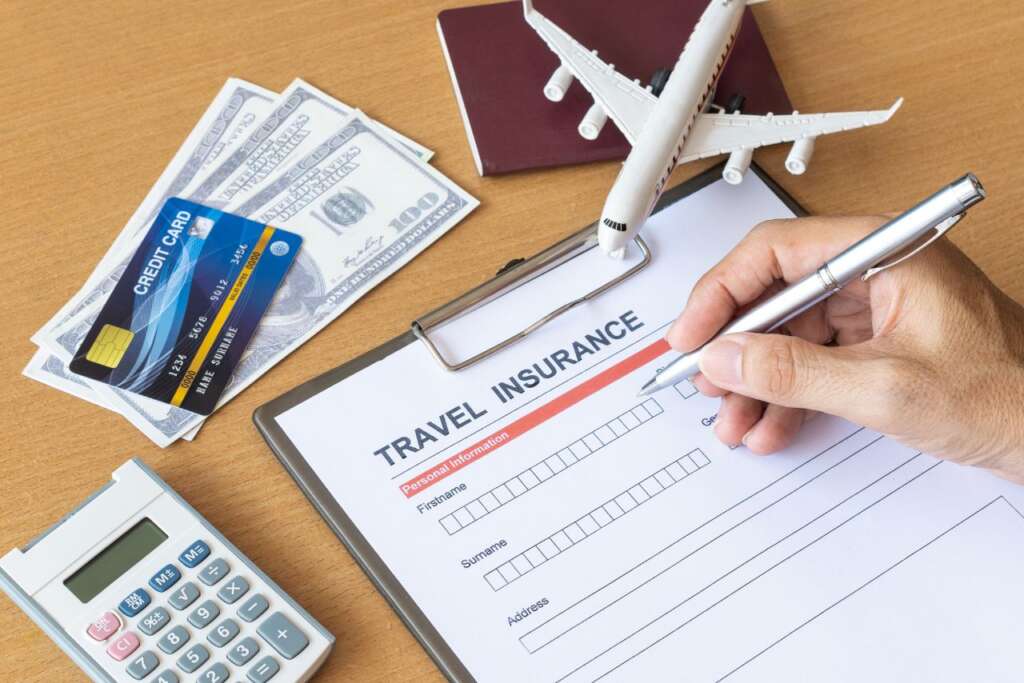
It is more important than ever to have insurance when travelling. It is not only a question of needing medical cover, but you may find yourself stranded if you are required to quarantine. So, good travel insurance that covers these expenses is essential.
But many tourist-oriented businesses operating out of Dubai are making this easier.
The Emirates Airline is offering free cover for COVD-19 related medical and quarantine expenses for all passengers travelling to Dubai on their airline.
Many hotels are also offering free COVID-19 tests on their premises to facilitate onward travel, as many other countries will require a similar negative COVID-19 test for entry.
Other Safety Concerns
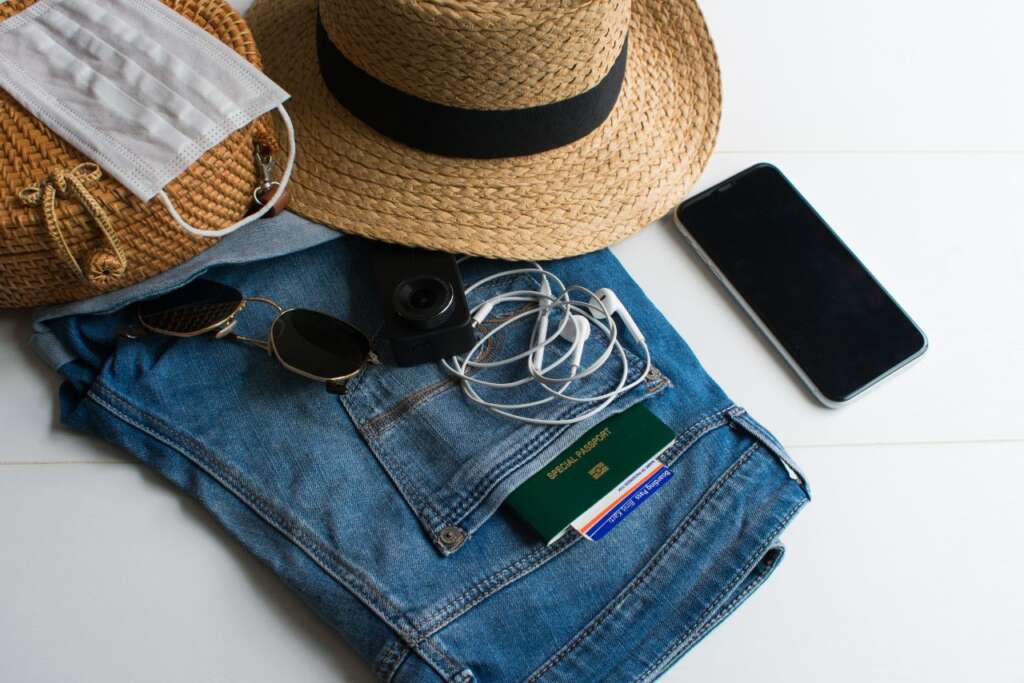
While COVID-19 might be the primary safety concern when planning a trip right now, it is not the only safety concern to consider.
Thankfully, Dubai is a very safe city for travellers because it is heavily monitored. This continues to be the case.
A greater concern for visitors is adapting to the local culture so as not draw unwanted attention, or even arrest.
UAE is a majority Muslim country, so things such as public displays of affection are not allowed. Modest dress is also a must beyond the walls or your resort.
Alcohol purchase and consumption is highly restricted. It is generally only available in hotels, and public drunken behaviour is not acceptable.
Many minor offences such as immodesty, holding hands, public rudeness, and taking someone’s photo without their permission are illegal and can be met with jail time.
So, for your own safety, watch your manners while visiting Dubai.
Did you visit Dubai during the pandemic? Let’s learn how you were able to safely explore the metropolis. Kindly share your experience with us.

